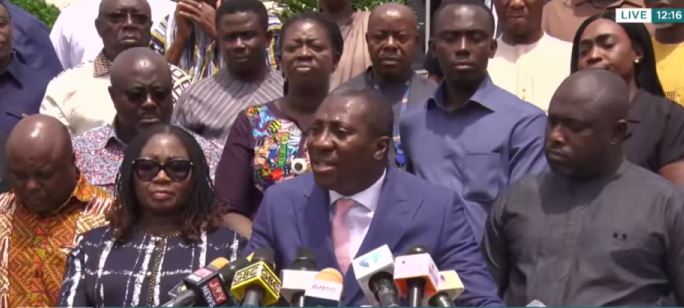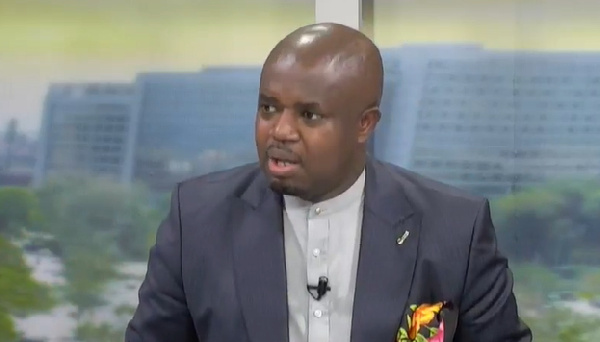The Government of Ghana, through the Ministry of Education, has announced major reforms to the basic education curriculum to integrate STEM (Science, Technology, Engineering, and Mathematics) subjects from early learning stages.
The government has launched a bold reform of basic education with a strong focus on STEM. Education Minister Haruna Iddrisu announced that artificial intelligence, engineering, coding, and robotics will be introduced at the foundation level to nurture innovation and competitiveness early on.
Speaking at the BSTEM teacher training launch in Sunyani, he stressed that the initiative, originally conceived by Vice-President Prof. Naana Jane Opoku-Agyemang, seeks to revolutionize STEM learning at the basic level.
The Basic Science, Technology, Engineering, and Mathematics (BSTEM) project is being rolled out in partnership with UK-based Itec Global.
Over the next five years, it will provide STEM resources to more than 4,400 primary and junior high schools, while training nearly 9,000 teachers, including over 8,800 at the JHS level and 30 primary-level advisors.
The new curriculum emphasizes inquiry, critical thinking, and hands-on learning, moving away from rote methods.
Officials underscored that building a strong STEM foundation at the basic stage is crucial to sustaining Ghana’s long-term innovation drive.
As part of the launch, government paid tribute to the late Defence Minister Dr. Edward Omane Boamah with plans to construct a modern science laboratory at his alma mater, Pope John Senior High School and Seminary in Koforidua.
Deputy Education Minister Dr. Clement Abas Apaak noted that the reforms align with the SMART curriculum framework and global best practices.
By integrating coding, digital literacy, and advanced STEM concepts into basic education, the government hopes to advance Sustainable Development Goal 4 on inclusive and quality learning.
This landmark effort reflects Ghana’s commitment to nurturing critical future skills from the earliest education levels. By empowering learners and teachers, the government seeks to build a sustainable STEM ecosystem that prepares Ghanaian youth for tomorrow’s challenges.
Source: Myxyzonline.com





